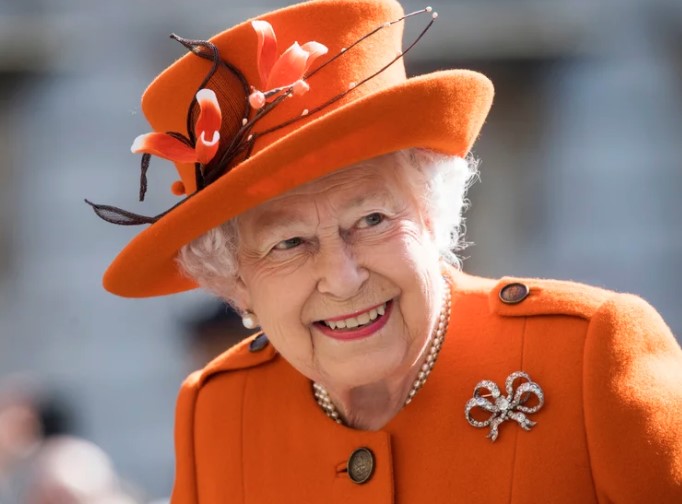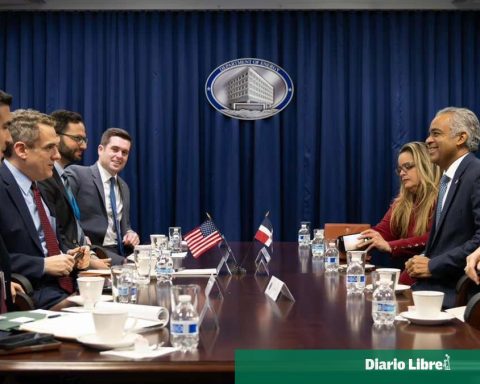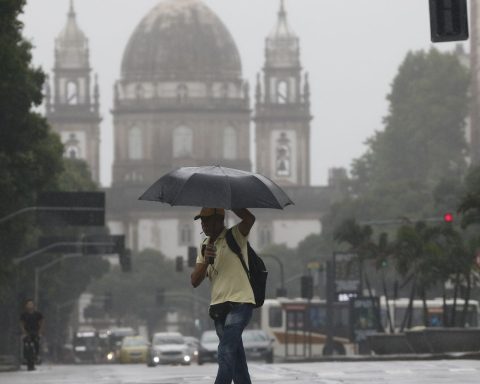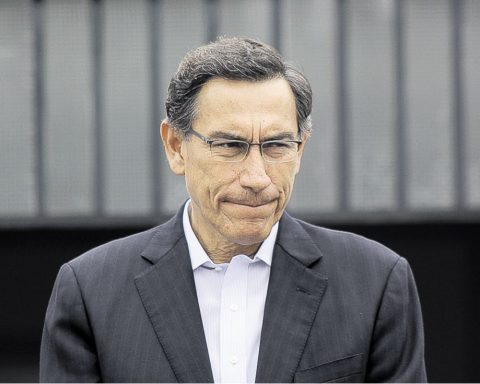London.- He was perhaps the greatest living figure of the 20th century. Dead other universal names such as Nelson Mandela, John Paul II, or recently Mikhail Gorbachev, Isabel IIqueen among kings, passed away this Thursday after 96 years of life and 70 years of reign.
For millions of people she was the Queen. To dry. The only one that most people had ever known, not just in the UK, but all over the world.
His transcendence was more symbolic than political: it was his silence and his ability to hide his opinions or emotions that earned him his reputation.
At a time when certainties are disappearing and everything seems less solid, Elizabeth II embodied – as Prime Minister Liz Truss described in her farewell speech – the “rock” on which the modern United Kingdom was built.
His death caught no one by surprise. In recent months he had hardly been seen in public, and he exhibited a fragile image. Her last official act was her reception at her Truss at her beloved Scottish castle of Balmoral, the favorite abode of her late husband Philip. It was also there that she lived the last minutes of her life.
Her health had plummeted, especially after the death last year of her husband Philip, Duke of Edinburgh.
However, the expected news does not cause less impact. There are not a few Britons who today declare themselves orphans and mourn their absence in the face of the uncertainty that Brexit, the pandemic or the war in Ukraine have brought.
The new king, Carlos III, lacks the popular affection that his mother did enjoy. And it’s not because she was especially charismatic. Her virtue, and also her work, was essentially being and being. And he was and was seven decades, a lifetime, more than any other contemporary monarch.
DISTURBING NEWS
It was 12:30 local time (11:30 GMT) this Thursday when the Buckingham Palace, always so measured and succinct, issued a disturbing statement. In just two sentences, they collected the “concern” of the doctors for her state of health and announced that they were placing her under medical surveillance.
The analysts most versed in interpreting the cryptic messages from the Windsor house quickly identified in the chosen language the seriousness of the situation.
In just a few minutes, the closest relatives of the queen began to arrive at Balmoral, starting with her son, the now sovereign, and the new crown prince, William.
It was already evident that the fatal outcome was approaching. At 6:30 p.m. local time (5:30 p.m. GMT) confirmation arrived: “The Queen died peacefully at Balmoral this afternoon. The King and Queen Consort will remain at Balmoral tonight and return to London tomorrow.”
Outside the castle, it was pouring rain. There was also a downpour in the capital, which was only interrupted at the same time the death was reported to make way for a fleeting rainbow over Windsor Castle, his favorite.
THE MACHINERY OF THE PALACE, IN WORK
Instantly, the careful machinery that has been preparing for this occasion for years was activated. Buckingham Palace lowered its flag to half-staff, while a servant hung the mandatory official notification of death on the gates of the complex.
The first official reaction came, as stipulated, through the new king, Carlos III, who wept for “a beloved sovereign and a much loved mother.”
“I know his death will be deeply felt in the country, the territories and the Commonwealth, and by countless people around the world,” he said in a statement.
Almost in parallel, the new prime minister appeared excited at the door of Downing Street, the same place from where just two days ago she had addressed the nation for the first time as head of government.
“Earlier this week, at the age of 96, she remained determined to carry out her duties when she appointed me as her 15th” head of government of the country, she said.
“Throughout his life he has visited more than 100 countries and has touched the lives of millions of people around the world. In the difficult days ahead, we will come together with our friends from across the United Kingdom, the British Commonwealth of Nations (Commonwealth, former colonies) and the world to celebrate his extraordinary life of service, “he added.
The expressions of regret came from all corners of the planet. Elizabeth II dealt with many of the great leaders of the last half century, she chatted with Winston Churchill and lent herself to act with James Bond for the Olympic Games.
Without ever straying from the established pattern, he showed that he was not without a sense of humor, and his hieratic presence became a pop icon. She watched the world around her change in unimaginable ways, but she was always there. Until today.















